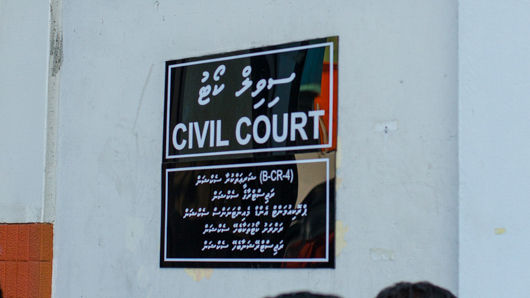Bank of Maldives loses bid to withhold information from corruption probe
The civil court refused to grant a stay order.

29 Jul 2019, 09:00
The civil court on Monday refused to grant a stay order to allow Bank of Maldives staff to withhold information from the presidential commission on corruption and asset recovery.
The national bank sought the order pending a judgment in its lawsuit against the commission.
The injunction would have protected staff from legal action over refusal to cooperate with a probe into the theft of MVR1.4 billion (US$90 million) from the Maldives Marketing and Public Relations Corporation, a corruption scandal of unprecedented scale in the country’s history.
Citing rules set by the Supreme Court, judicial regulations and principles of equity, Judge Abdulla Ali ruled that the bank’s petition did not fit any circumstance that warranted issuing stay orders.
Become a member
Get full access to our archive and personalise your experience.
Already a member?
Discussion
No comments yet. Be the first to share your thoughts!
No comments yet. Be the first to join the conversation!
Join the Conversation
Sign in to share your thoughts under an alias and take part in the discussion. Independent journalism thrives on open, respectful debate — your voice matters.




